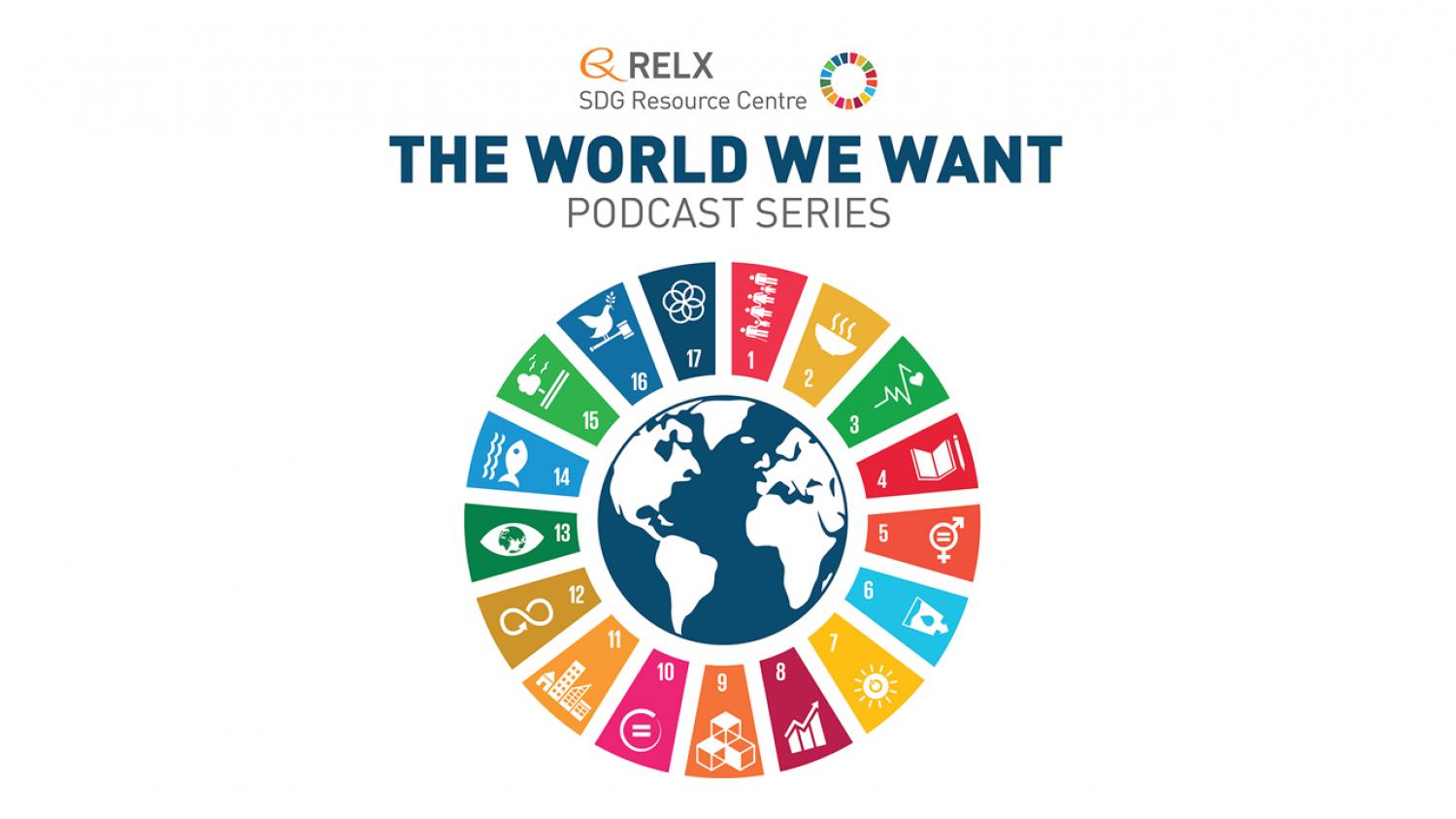The content of Chapter 1, which provides an overview of geothermal resources, drilling, engineering, power generation, costs, and sustainability, aligns with various UN Sustainable Development Goals (SDGs), including SDG 7 (Affordable and Clean Energy) by promoting the utilization of geothermal energy for sustainable power generation and SDG 9 (Industry, Innovation, and Infrastructure) by fostering innovation and advancements in geothermal technology and infrastructure.
The International Day for Tolerance 2025: Promoting Respect and Understanding Worldwide
Observed annually on November 16, the International Day for Tolerance was declared by UNESCO in 1995 to raise public awareness about the dangers of intolerance and to promote understanding and respect among diverse cultures and communities. The day encourages global dialogue and cooperation to foster tolerance, human rights, and peace.
Origins and Background
International Day for the Elimination of Violence against Women 2025: Taking Action to End Gender-Based Violence






